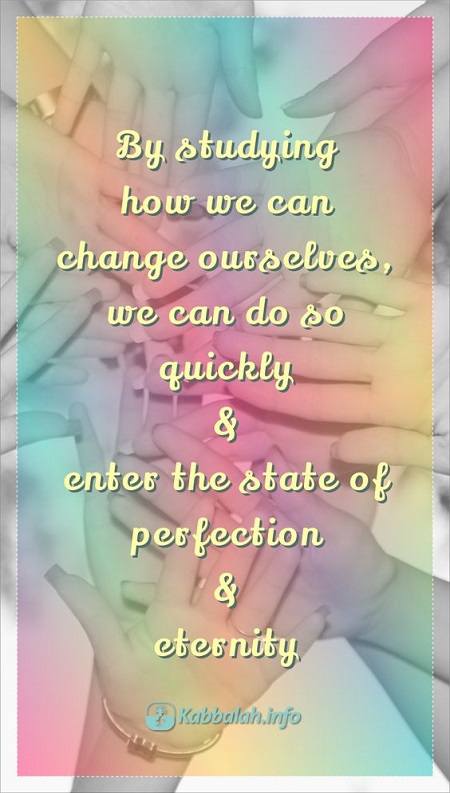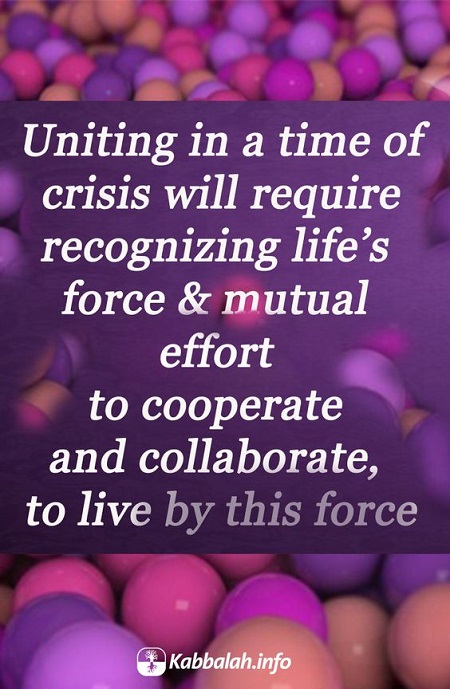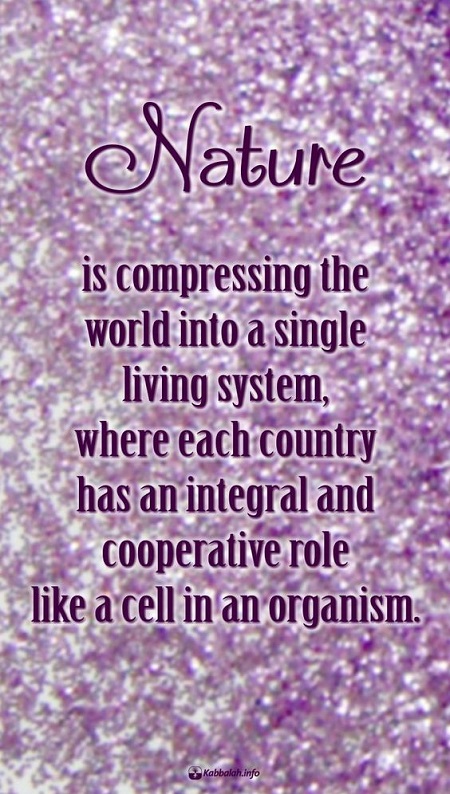
As the wisdom of Kabbalah explains, and as contemporary science and the global crisis also suggest, we need to shift to an altruistic, bestowing way of life in order to rise above our problems.
Why all Systems, Humanity Included, Need Bestowal to Achieve Balance
We need not look very far to find ways to implement the principles of bestowal to life. Many contemporary scientific studies confirmed the benefits, advantages of bestowal in today’s interdependent human network. The reason why the researchers of those studies did not discover the implications of the integral human network—that we “infect” each other psychologically almost as we do physically—is very simple: they were not looking for such implications.
Similarly, there are many ways to observe the effects of the law of bestowal, if we only look for them as we analyze existing data. The Social Interdependence Theory, displayed here by Johnson and Johnson, is one way of observing its effect on systems, but there are many other ways to observe it. In my discussions with Professor Ervin Laszlo, philosopher of science and system theorist, we were in complete agreement because every system theorist knows that no system can persist without its parts yielding to the interests of the system.
Similar agreement transpired in my conversations with evolutionary biologist, Elisabet Sahtouris, with primatologist, Jane Goodall, and with many others. In fact, any physician, network scientist, or biologist knows that to keep a system in balance, or “homeostasis,” the interests of the system must override those of its parts. Each field of science refers to this principle by a different name, and Kabbalah calls it “the law of bestowal.” Essentially, however, these are different names pointing to different manifestations of the same law.
The Lazy Man’s Guide to Why Humanity Needs Mutual Responsibility
On the negative side, the effects of not following the law of bestowal are evident. The growing alienation in society and the escalating isolationism on the international level, as demonstrated by publications such as Christopher Lasch’s, The Culture of Narcissism, Twenge and Campbell’s The Narcissism Epidemic, and Joseph Valadez and Remi Clignet’s essay, “on the Ambiguities of a Sociological Analysis of the Culture of Narcissism,” clearly demonstrate our poor social health.
Continue reading “How You, Me and Everyone Can Practically Become Altruists”




